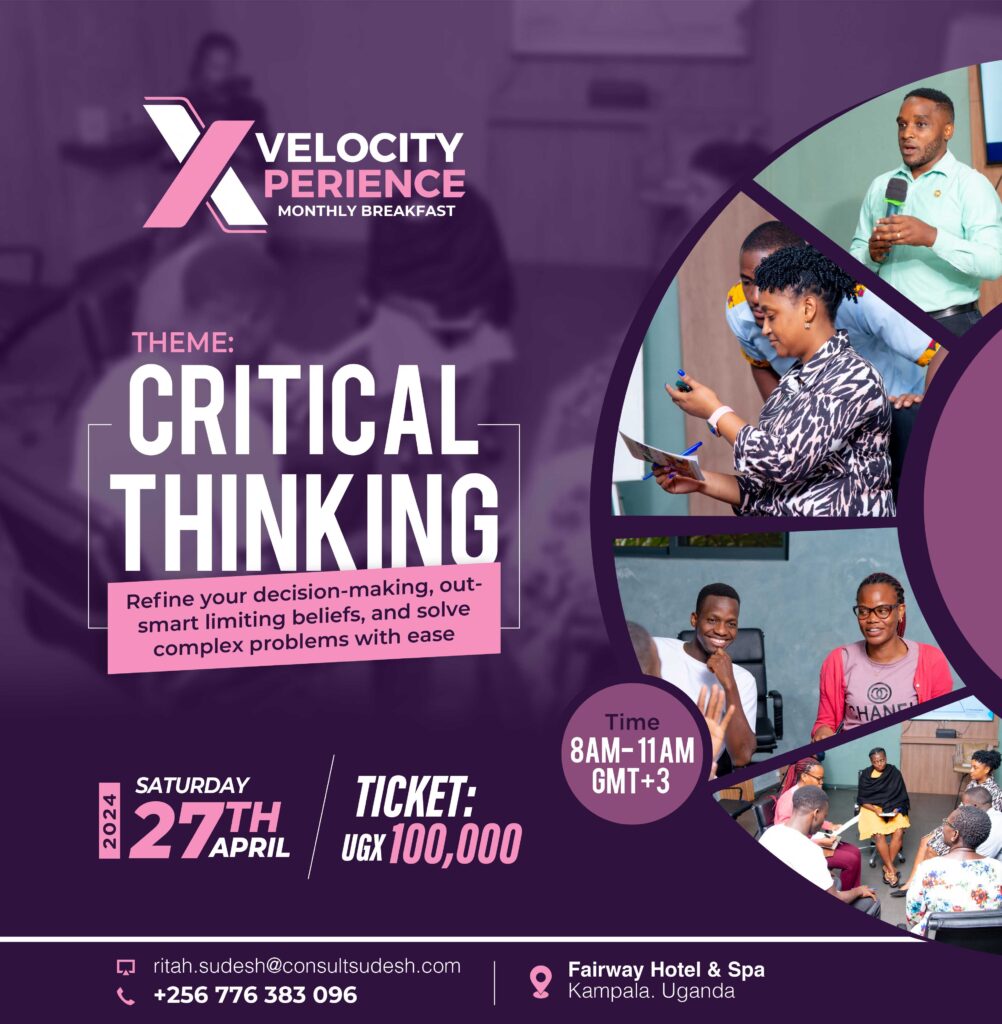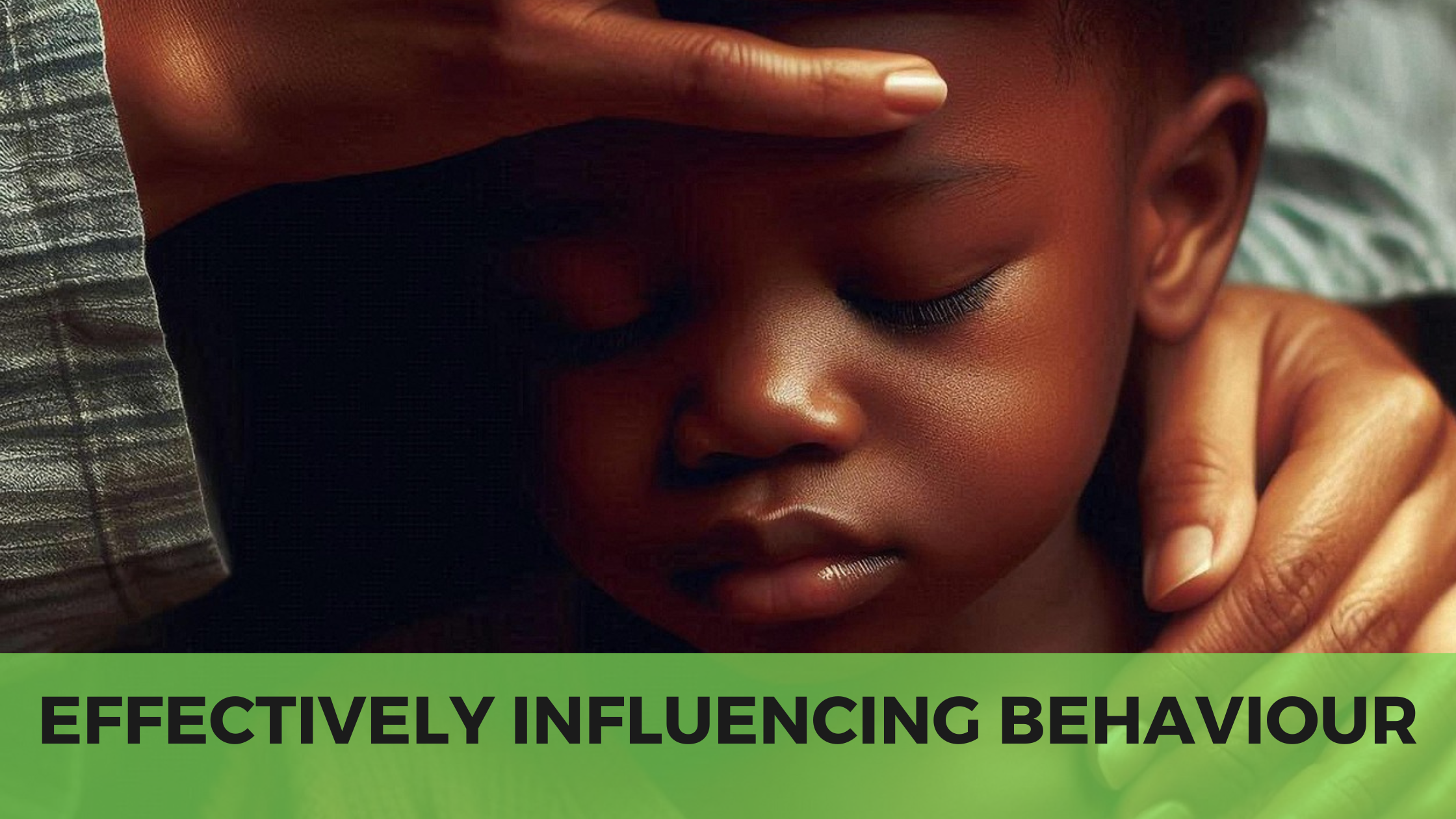Sandra( not real names) has been working for a Company for just over a year.She is hardworking, highly driven and a final year student at Makerere University. Her story is admirable. She dropped out of school, became a house girl and took herself back to school. Sandra is also taking paying fees for her other three siblings with her meager salary. Quite admirable for a 27 year old. Right?
Three weeks ago Sandra’s workmate-Ann asked her to “scare” their boss with a resignation. “ I used the same tactic to get a pay rise”, Ann said. Sandra succumbed to group think and scared the boss thinking she would get a pay rise. It her amazement, her resignation was received. Since she indicated she would be leaving in three weeks, she has to pay three months salaries worth to the Company. Needless to write, she’s stressed with no job and money to pay.
This is a true story and it happens all the time.
Groupthink occurs when people who have the right intentions and systems in place make irrational or spur-of-the-moment decisions because they don’t want to cause any ripples.
Think of yourself at work. How often has it happened that you’re in a meeting and someone has made a suggestion, that everybody else agrees with, but you might think there are flaws in the idea?
How often have you actually done something about it?
How deeply we are affected by social proof varies from culture to culture. Studies suggest that collectivist culture conforms more to social proof than places where they have an individualist society.
Although just to assume that it is one way or the other would also be admitting to simplifying for the sake of ease; a person’s own tendencies play an important part on how decisions are made.
But because most people do fall prey to social proof on some level or the other, it is used across the board in many different fields. It is used heavily in the entertainment industry but has now trickled into our daily lives through social media as well.
Think of the amount businesses invest in the number of followers they have, their fans, views, likes, clicks, shares. The more you have, the more trustworthy and credible you seem to others.
This phenomenon is so deeply ingrained in our minds that many companies grow their numbers by paying for fake followers just so that there seems like there is more of a pull than there is.
We believe an idea to be better if more people follow it. Think of the trends that take the world by storm, in fashion, lifestyle, diets, and even market norms.
We don’t just do the same thing as the group, sometimes we even change how we feel so that we can stay a part of the group.
Sandra is a victim of not knowing how to think for her self. She isn’t a critical thinker. If she doesn’t learn the skill, such mistakes will keep manifesting in her decision making.
Life is a sum total of the decisions we make. Come join me this Saturday as I share decision making models that will guarantee you making the right decisions all the time.









